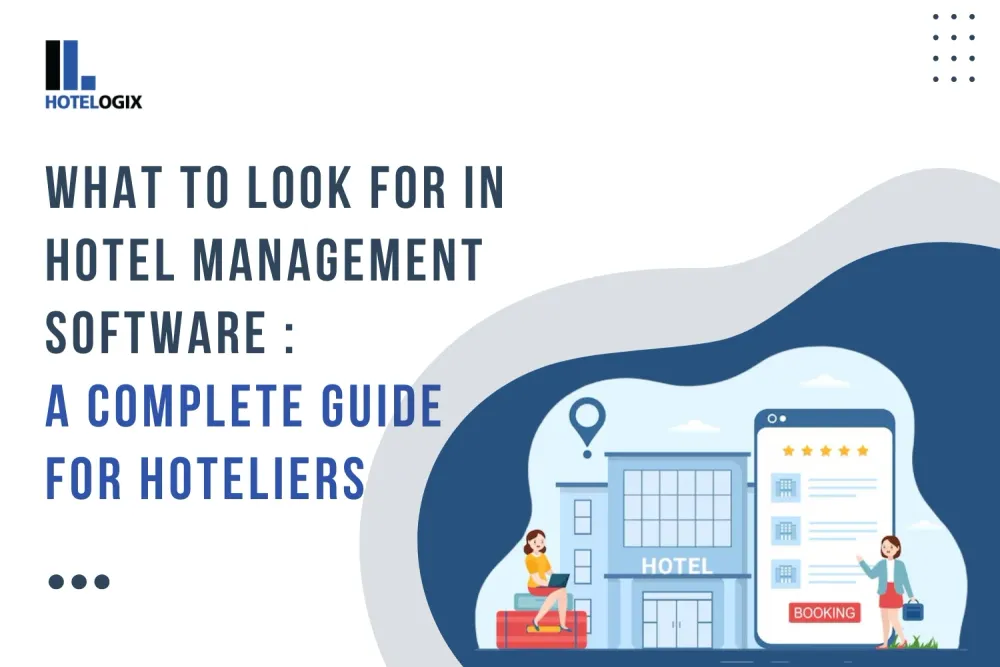The cloud’s been around for over a decade now. It didn’t kick off with the biggest splash but over the years, its impact has been significant. The last few years in particular have seen an unprecedented number of hospitality businesses adopt this platform for their software needs and with good reason. The cloud is fast, offers global connectivity, and allows companies to access powerful tools without having to invest in the infrastructure required.
Cloud computing is certainly no recent innovation – it’s been over a decade since the technology gained widespread popularity as the world’s most versatile platform. Yet, it’s only over the last few years that the platform really took off. In fact, 2016 is perceived by many companies as a potentially huge year for the cloud. Why? In two words, market dynamics. With the market becoming increasingly aware of the significance of cloud, all sorts of property owners are looking to join the platform. And the timing is definitely no coincidence – it’s taken over a decade for the market’s conditions to favor cloud computing.
SAAS Vendors For Almost Everything
Not a long time ago, large hotel groups had an unfair advantage over the smaller properties. With on-site infrastructure housing powerful management and distribution tools, these chains further strengthened their grip on the market while independent hotels were left to rely on old-school methods. SAAS companies have almost single-handedly eliminated this monopoly. By pulling down all barriers to enterprise-level tools, these vendors enabled independent hotels to experience software-enabled management for the first time. Today, hoteliers can find cloud-based tools for almost anything – revenue management, property management, distribution, customer relationship management, the list goes on. But there are deeper implications to this than hoteliers having a lot of options. The increasing number of vendors using the cloud to distribute their services has done a great deal to boost the platform’s credibility – a problem that the cloud faced during its early days. It’s a vicious circle – as more hoteliers and businesses get on the cloud, those that aren’t already there will not want to be left behind in the wake of this accelerating juggernaut.
Guests’ Demands Have Grown
Telephone bookings and walk-in reservations are a rarity in hospitality today – the majority of the hotel’s reservations are made on websites, OTAs and mobile apps. During their early days, online portals were seen by hoteliers and travel agencies as a great way to push rooms to a much larger audience. It also promoted room sales – guests could see pictures of where they would be staying, facilities available, and even read what other travelers had to say. Now however, things have changed. Guests have become conditioned to expecting everything at their fingertips. And with apps available for everything from food to transportation, these expectations will continue grow. In order to satisfy these growing demands, hotels will have to rely on cloud services to host websites and smartphone apps.
A Digital Revolution is Brewing
There’s simply no room for clunky, outdated hardware anymore – industries around the world are switching to smaller, quicker solutions. With competition in the industry escalating rapidly, efficiency is a prime concern for hoteliers today. Cloud technology is the most efficient and accessible technology out there for all types of property owners today simply because of how easy it is to handle. With so many tools on the platform, real-time integration between them has further streamlined connectivity and simplified operations in almost all sectors of the property. This is the year that everyone is waking up to the reality that when it comes to efficiency, there really is nothing like a cloud solution.
The Internet of Things
Widely regarded as one of the most exciting technological advancements to look forward to this year, the IoT will revolutionize the way hotels are run. Automation of almost anything, communication between devices, unprecedented levels of energy efficiency, the possibilities are almost limitless. As IPv6 deployment continues to rise, it’s only a matter of time before hotels are full of ‘connected devices’. Data management and storage needs will grow exponentially and the best solution for companies is on the cloud.
Hoteliers that choose not to migrate to the cloud could be doing so at their own peril – with competition growing as fast as it is, hotels that do get on the cloud would dominate their respective regions. The advantage is almost unfair, especially considering how simple it is for property owners to make the switch!






